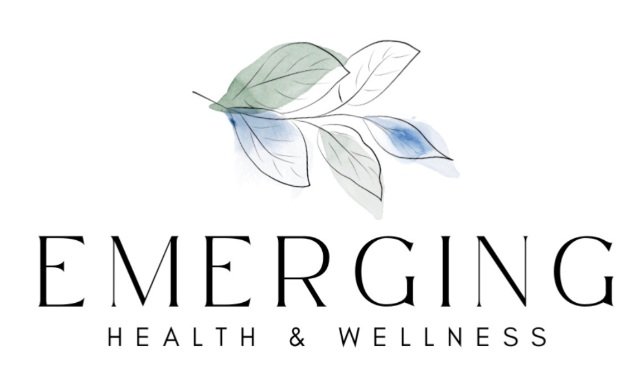Frequently Asked Questions
What are the different kinds of therapy?
There are several different approaches to therapy for mental health, each with its own unique techniques and principles. Cognitive-behavioral therapy focuses on changing negative thought patterns and behaviors, while psychodynamic therapy aims to uncover unconscious patterns of behavior and emotions. Humanistic therapy emphasizes the importance of self-awareness and personal growth, while family therapy looks at the dynamics and relationships within a family unit. The choice of therapy approach will depend on the individual's needs.
How do I know if I need it and what I need?
People work with a therapist for many different reasons. Sometimes there’s a life change, a move to a new city, a change in marital status, or a loss. Sometimes there’s a precipitating event that feels overwhelming. Sometimes “something just doesn’t feel right,” or there’s an experience of less resilience. The work can be specific: processing a specific issue or evaluating the potential benefit of medication, or it can be long-term. This duration is your choice. Most people feel an immediate relief in scheduling an appointment and taking this first step can not be underestimated.
What is a diagnostic evaluation?
A diagnostic evaluation is a comprehensive assessment or examination to determine the cause or nature of a problem or condition. It involves gathering information from multiple sources, such as medical history, physical examination, laboratory tests, and other diagnostic procedures, to arrive at an accurate diagnosis.
The results of a diagnostic evaluation are used to develop an appropriate treatment plan that addresses the underlying cause of the problem. The evaluation may also be used to monitor treatment effectiveness and adjust the treatment plan as needed.
When would we meet, and how often?
The first therapy session is variable but can last as long as ninety minutes for a full evaluation, with subsequent sessions lasting forty-five minutes. Couples sessions and family sessions vary from sixty to ninety minutes in length. Typically, sessions are once a week or bi-weekly, depending on schedules.
How do I pay for it?
We ask you to keep a current credit card on file with the practitioner’s practice portal, and you are billed on the day of the appointment. There are no fees for processing your card.
What are your cancellation policies?
So that we can schedule, we ask that you cancel 48 hours in advance to avoid being billed for the full session.
Do you accept insurance?
We are not in-network for insurance, but you will be provided receipts after every session so that you can submit them to your provider promptly.
What’s the difference between therapy and coaching?
Therapy and coaching are personal development methods, but they differ in their focus, goals, and approach.
Therapy is a form of professional counseling designed to help people deal with emotional, mental, and psychological issues that may be negatively impacting their lives. Therapy often focuses on healing and addressing issues related to past traumas, relationships, and personal struggles. Therapists are trained professionals who use a variety of evidence-based approaches to help clients overcome their challenges, treat diagnosed psychiatric medical illness, and improve their health.
Coaching, on the other hand, is a more action-oriented approach to personal development and goal achievement. Coaches work with clients toward specific goals and to improve their performance in specific areas, such as career, relationships, or personal growth. Coaches often use a more forward-looking approach, developing strategies and tools to help clients achieve their desired outcomes. At times, coaching uncovers deeper psychological and or psychiatric issues; when that occurs, the individual is referred for further evaluation.
